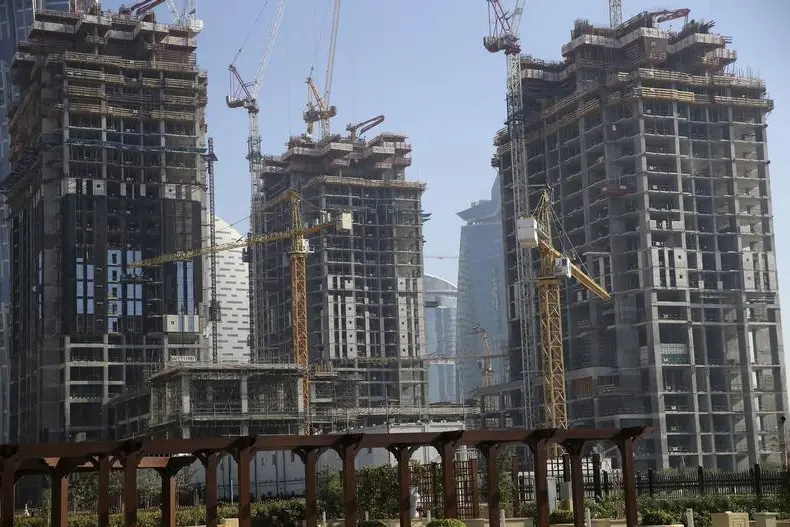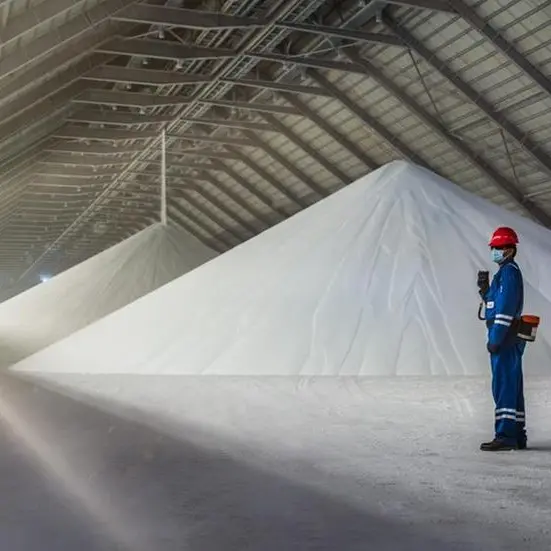PHOTO
Tens of thousands of apartments and villas were originally scheduled for completion in Dubai this year, but the promised number of residential units may not hit the market this year because of financing issues, construction delays, according to an analysis by experts.
The initial data compiled by Property Finder indicated that in 2020, developers are working to complete more than 300 property projects with approximately 60,000 to 90,000 housing units. It is believed that the entry of new homes could further inflate the housing supply in the market and put pressure on rents.
However, industry sources suggested that out of the apartments and villas that are expected to be completed in 2020, about 40 percent – or roughly 40,000 to 50,000 homes under construction - are most likely to spill over to next year.
“We expect a significant minority of the units originally scheduled for completion this year to overrun, with a figure in the region of 50,000 residential unit completions over 2020 likely realistic,” Chris Hobden, head of strategic consultancy at Chestertons Middle East and North Africa (MENA), told Zawya.
Expected supply, cause of delays
Lynnette Abad, director for research and data at PropertyFinder, said she expects that out of the approximately 90,000 homes under construction in Dubai, some 40,000 to 50,000 units will be delivered in 2020.
“Based on 176 projects that we have checked, verified and updated, we roughly have 61,646 units expected for 2020. In addition, there are still 198 projects that are scheduled to be completed by 2020 which still need to be verified by us. Within these projects there are 32,084 units in total,” Abad told Zawya.
When asked why the delivery of property projects tend to get stalled, Abad said some companies normally face “financing issues, contractual disputes, construction delays and licensing/ approval delays.”
“Some developers also tend to hold back completions to avoid flooding the market,” Abad told Zawya.
According to Hobden, it is normal for projects to encounter construction-related issues. “It is not uncommon for total unit completions within a year to fall below the number originally scheduled by developers, with overly ambitious initial timelines often a factor,” Hobden told Zawya.
“Weaker than forecast off-plan sales performance can also cause delays, often creating a need to revisit financing or to amend project plans,” Hobden added.
Real estate prices across the UAE have been on a decline for nearly half a decade on the back of a huge supply glut, as well as a firm US dollar, low oil prices and poor investor sentiment. Since the 2008 peak, Asteco calculated that sale prices of one-bedroom residential units have registered a 51 percent decline, while bigger homes posted a 47 percent drop.
To address oversupply concerns, the government last year announced a special committee that will oversee new project launches and ensure there is a more sustainable balance between supply and demand in the real estate market.
The Dubai property market saw the delivery of a total of 48,729 homes in 2019, so by the end of this year, if the forecasts were accurate, the emirate will have more than 100,000 recently completed or new housing units.
(Writing by Cleofe Maceda; editing by Seban Scaria)
Disclaimer: This article is provided for informational purposes only. The content does not provide tax, legal or investment advice or opinion regarding the suitability, value or profitability of any particular security, portfolio or investment strategy. Read our full disclaimer policy here.
© ZAWYA 2020




















